REBEARTH 2025 An event to celebrate the circularity of soil : Clay recycling innovations in Ganesh sculpture and architecture
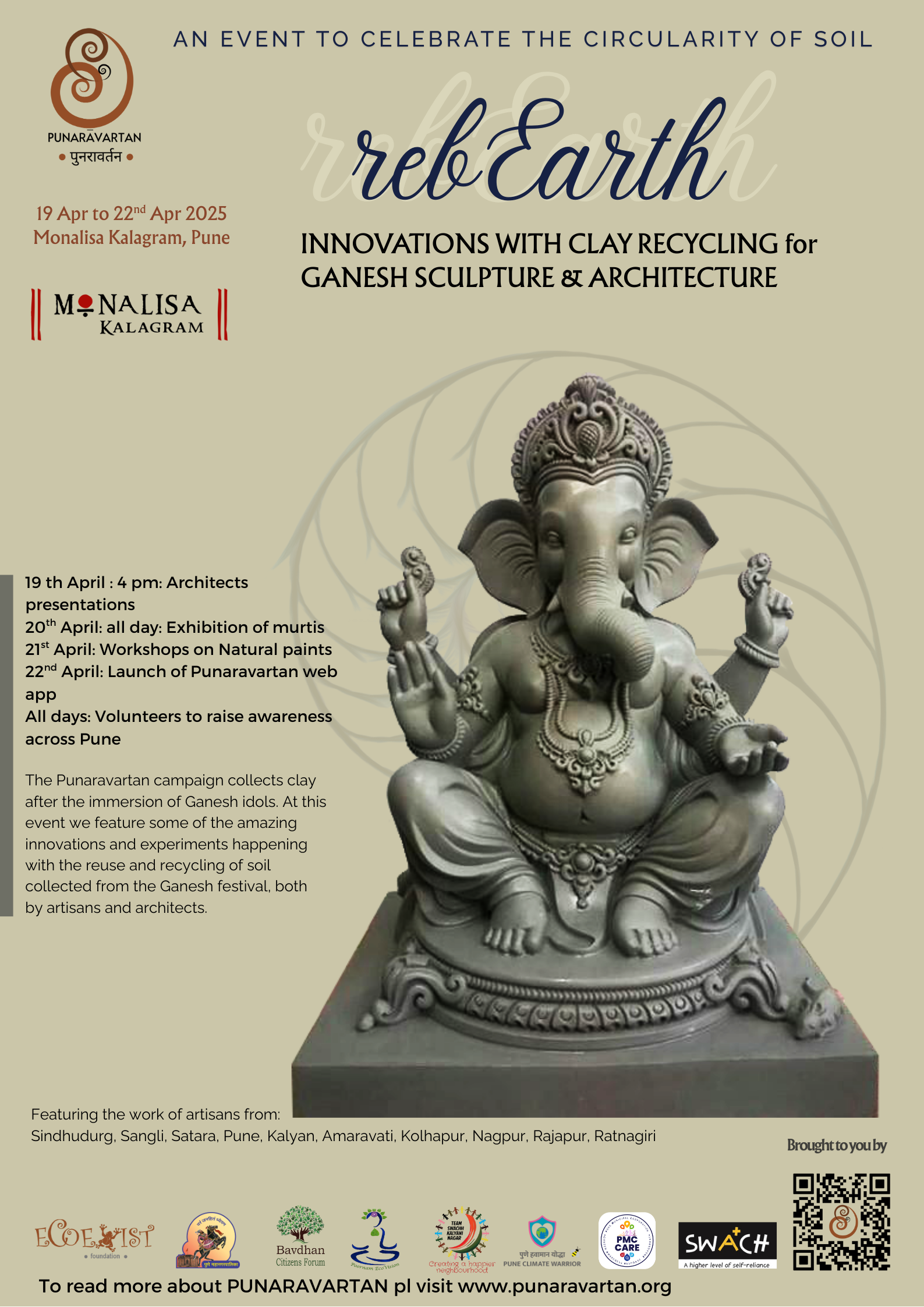
The PUNARAVARTAN campaign aims to set up circular systems of collection and reuse of natural clay which is used to make Ganesh idols in the Ganesh Chaturthi festival. It was initiated by the eCoexist Foundation in 2020 and over the past five years has been launched in 15 cities across Maharashtra collaboratively with over 30 organisations.
In 2024, it collected 57000 kg of clay in the cities of Pune, Pimpri Chinchwad and Thane.
On 22nd April 2025, Earth Day, the campaign hosted an event called
REBEARTH: Celebrating the circularity of soil
In this event we aimed to feature some of the amazing innovations and experiments happening with the reuse and recycling of soil, both by artisans and architects. The first REBEARTH event was held online on 22nd April 2024.
For 2025 we will highlighted the work of :
- Traditional murtikars from Sindhudurg, Pen and Pune who will display clay idols from 1 ft tall to 6 feet tall.
- Architects who have been experimenting with the reuse of clay for green construction and landscaping – such as pond liners, adobe earth walls, wall plaster, furnaces etc
- Earth based paints innovated by murtikar Suresh Pathak of Nagpur
- Talks by scientists such as geologists on the impacts of mining and water experts on the impacts of immersion.
Clay recycling innovations in architecture Presentations by architects
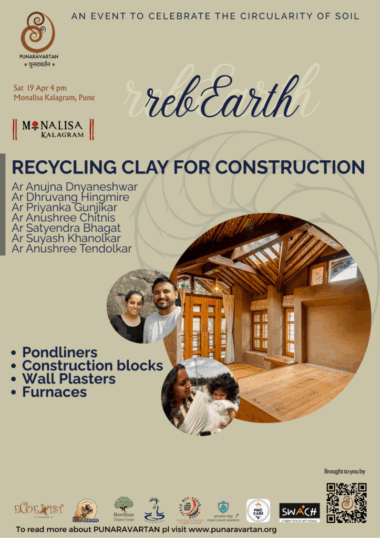
Over the past year architects who had received the clay sludge after the Ganesh festival have been working on several experimental applications of the clay. This is work in progress and we are learning a lot through this process of innovation. A session was hosted to showcase this work – where architects presented in person and via zoom.
Anujna Dnyaneshwar, Bhor
Anushree Chitnis, Bhor
Anushree Tendolkar, Thane
Dhruvang Hingmire, Pune
Priyanka Gunjikar, Pune
Satyendra Bhagat, Tamhini
Also part of the Punavartan project are
Prof Yogananda, Bangalore
Suyash Khanolkar, Belgaum
Shashank Nimkar, Ahmedabad
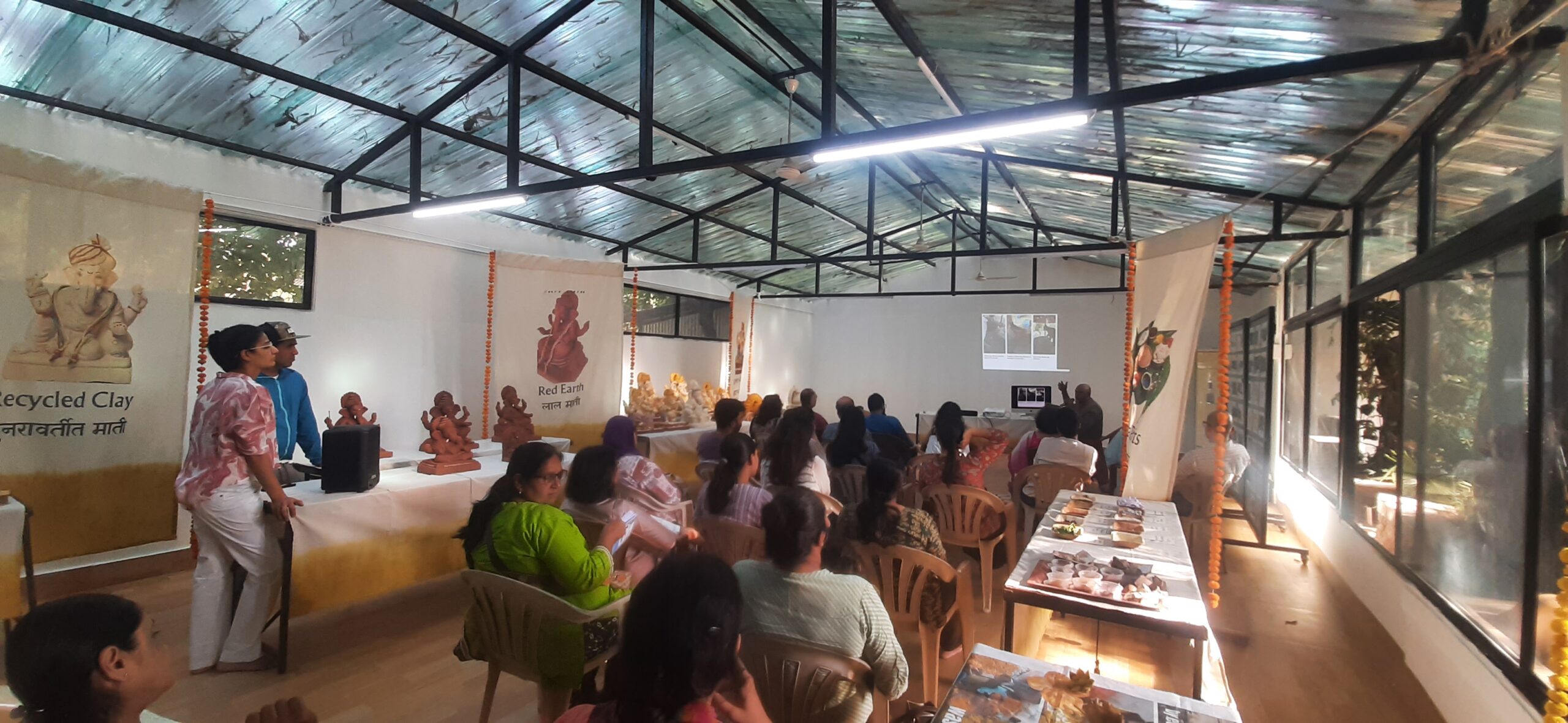
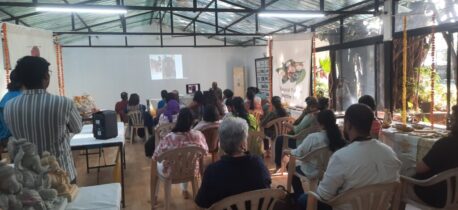
Exhibition of Hand sculpted Ganesh idols Presentations by artisans
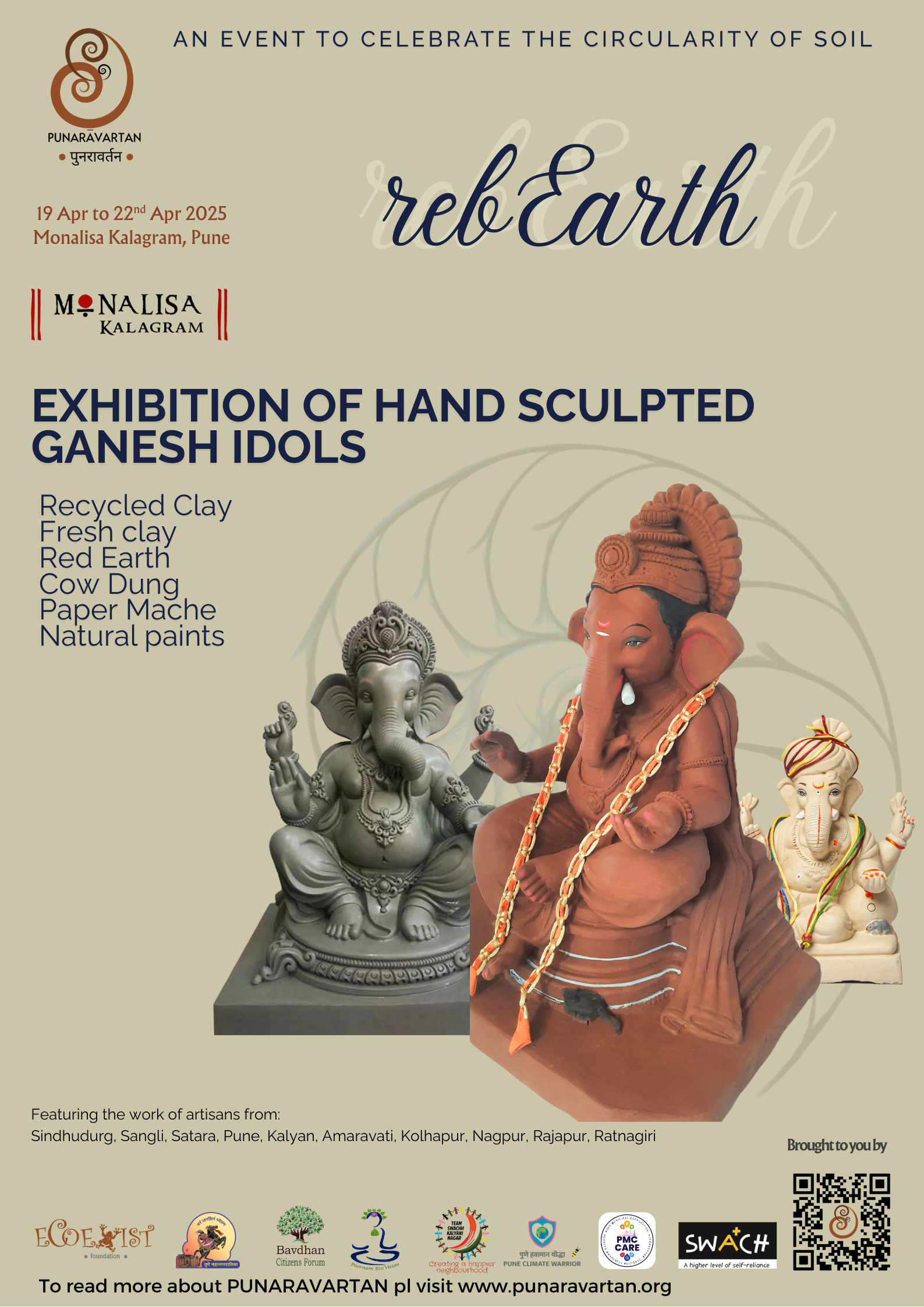
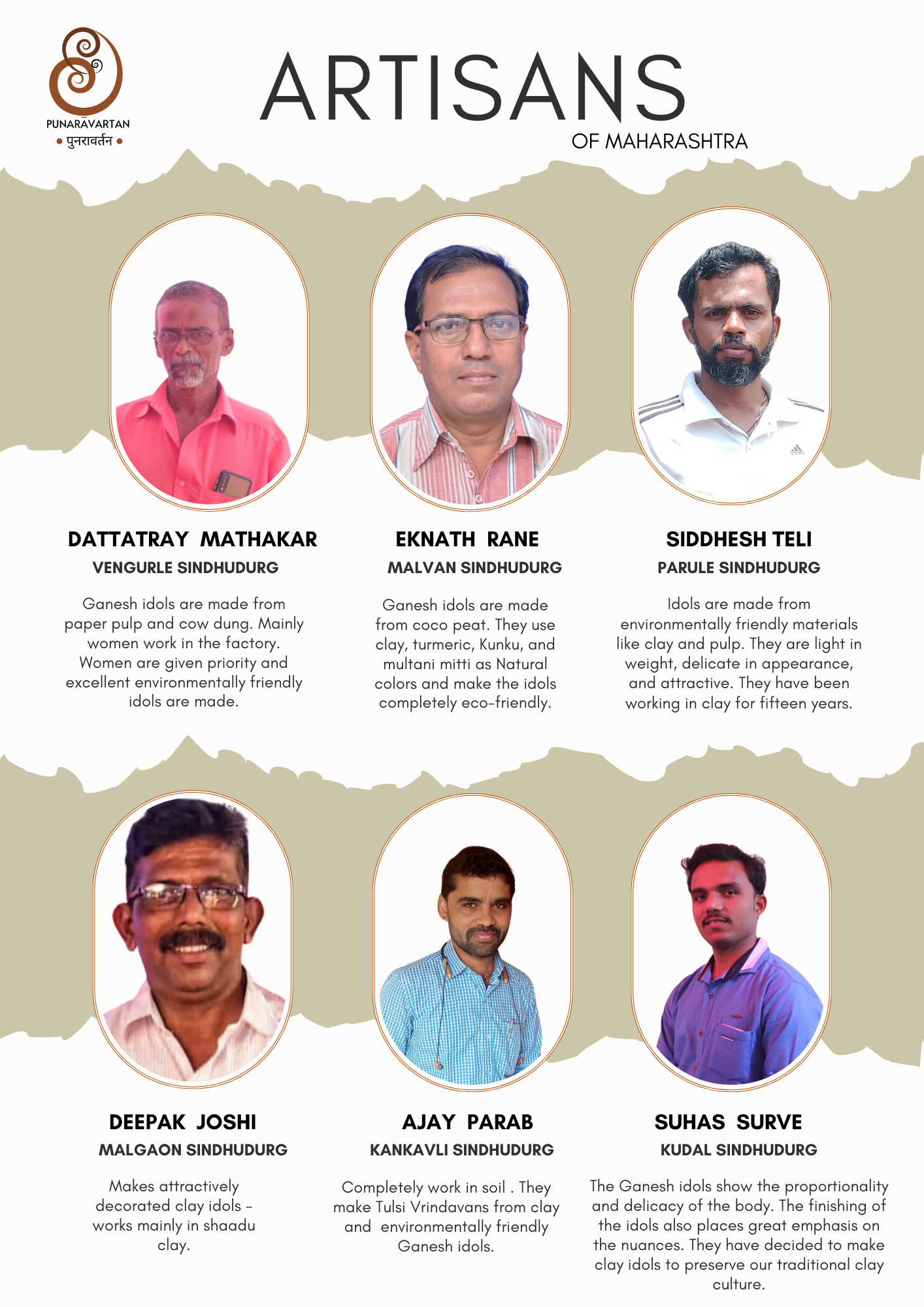
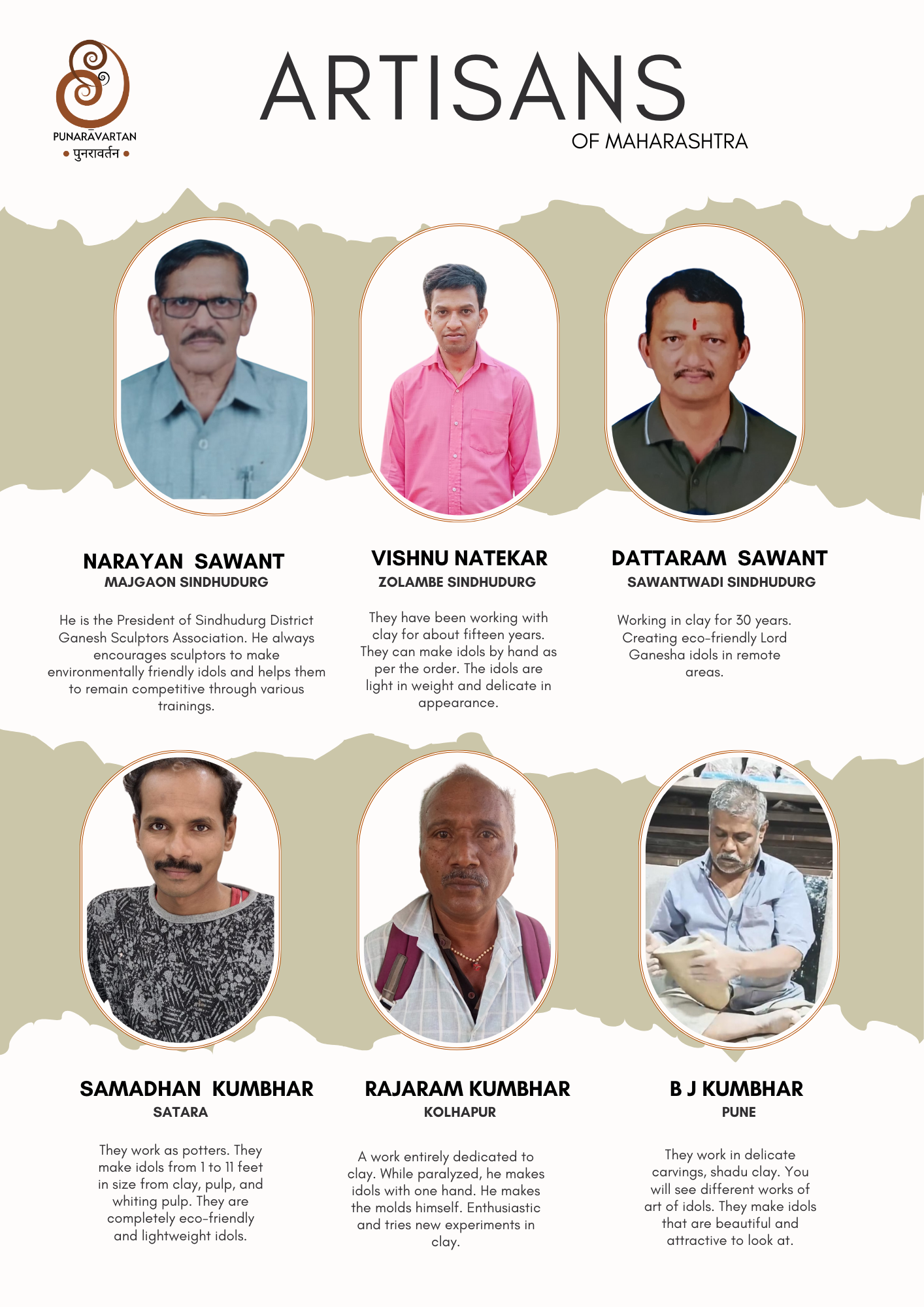
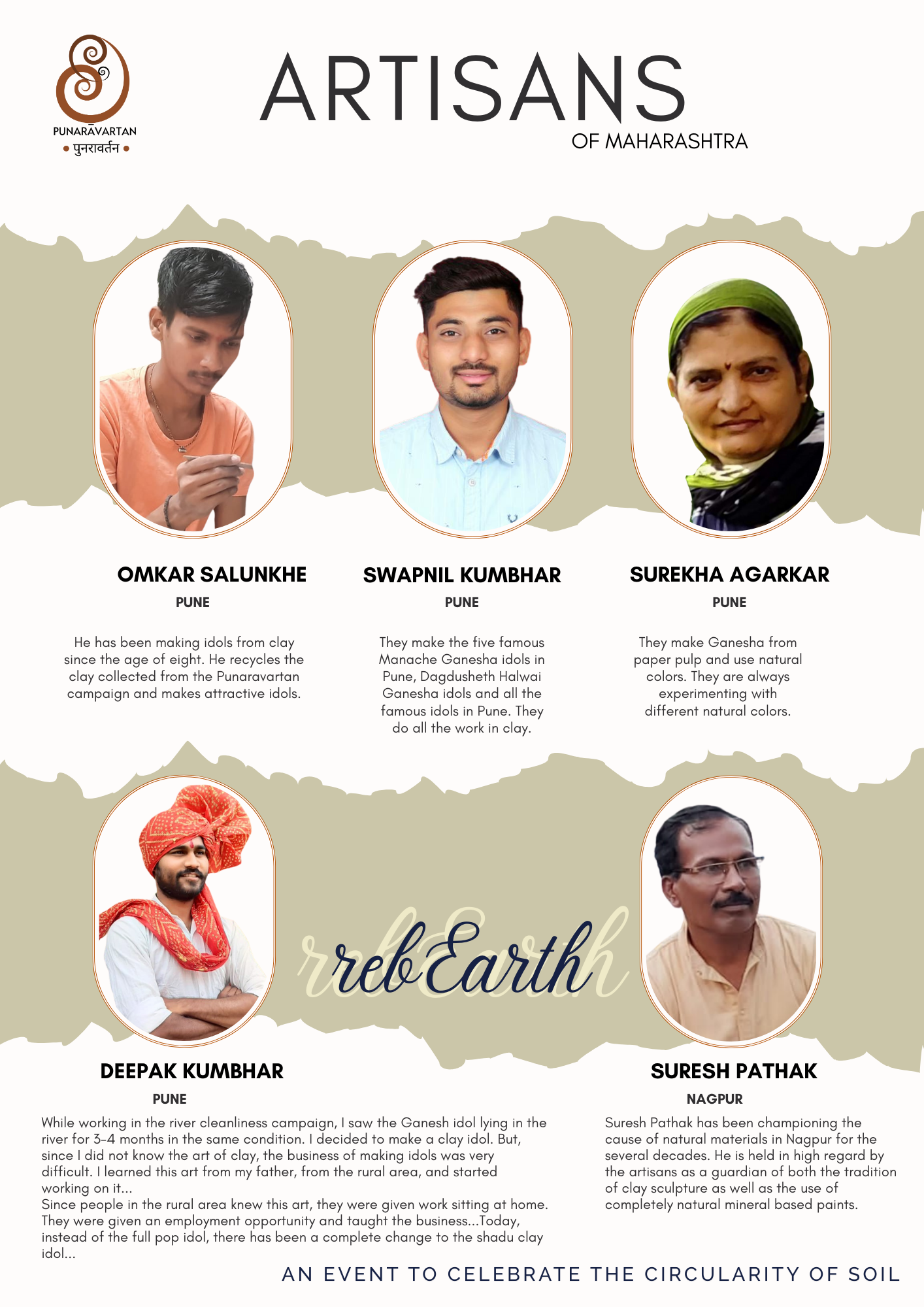
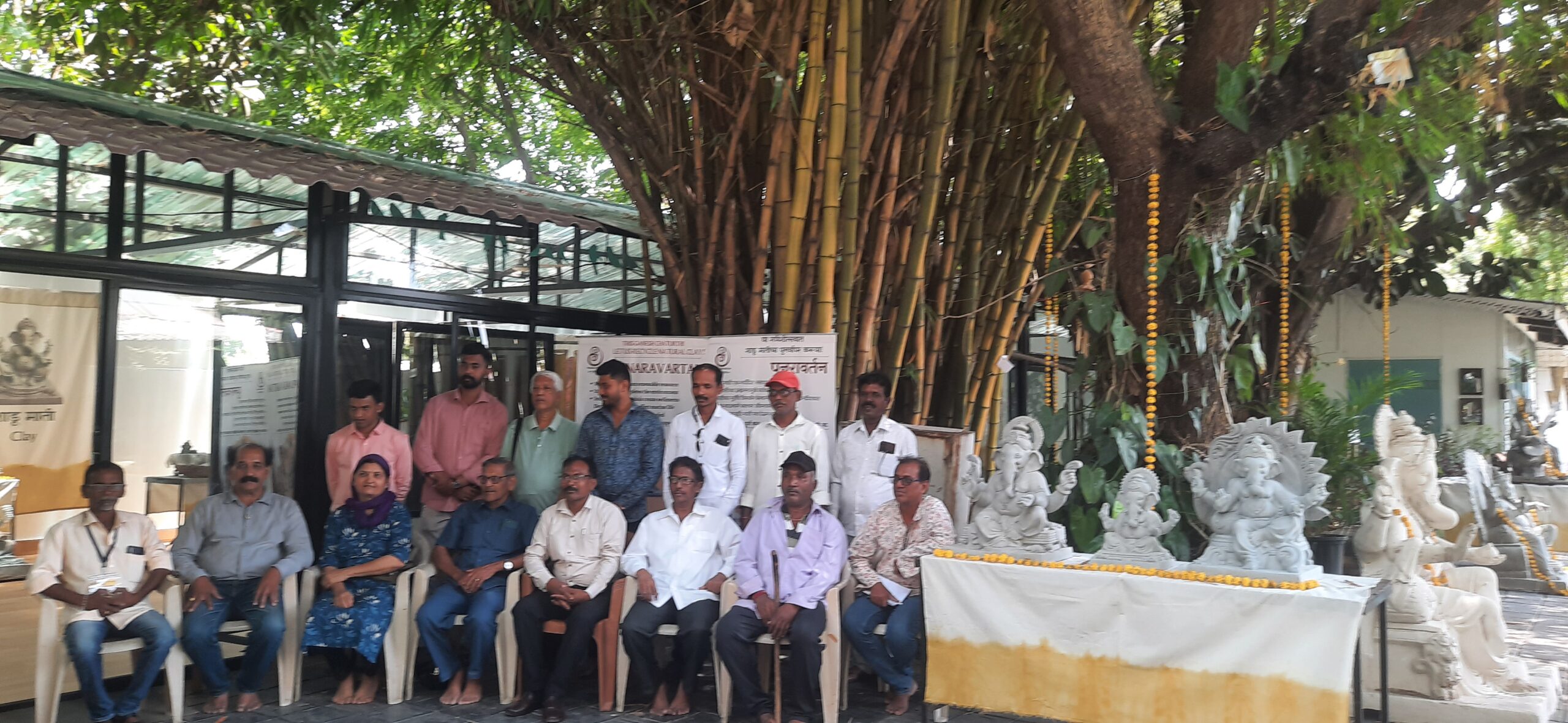
Trainings in earth based paints Mineral paints and vegetable pigments
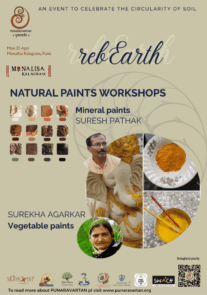
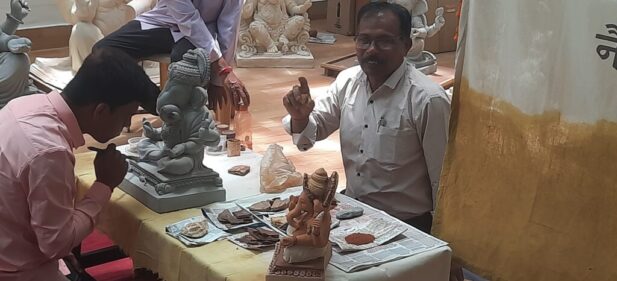
Policy Advisory meeting Chaired by Mahesh Pohnerkar, SPARC
To put together a consolidated note as a policy advisory for the government the Punaravartan core team took this opportunity to hold a multi stakeholder meeting at the office of PARC – Policy Advisory and Research Center , Pune where the ban on Plaster of Paris was discussed.
The following experts were in attendance:
|
Name |
Area of expertise |
|
Dr Mahesh Pohnerkar |
Policy design |
|
Dr Rajesh Manerikar |
Waste management systems |
|
Manisha Sheth |
Founder, Punaravartan |
|
Rohit Joshi |
Activitist and PIL for Thane |
|
Suresh Pathak |
Murtikar Sanghatana head |
|
Narayan Sawant |
Murtikar Sanghatana head |
|
Shama Deo |
Punaravartan Core team member |
|
Maitreya Ghorpade |
Environmental Lawyer, Punaravartan Core team member |
|
Dr Shubhangi Umbarkar |
Scientist on Expert Committee for POP, NCL, Pune |
The group discussed the history of the ban on POP, the developing movements for and against the ban and the various concerns that have emerged from diverse stakeholders in the matter. The following points were agreed upon by the gathering:
- A complete and total ban on the immersion into natural water bodies of any made made religious item is absolutely essential and has to be enforced by the government in whatever way they can.
- To regulate the immersion of Plaster of Paris idols in natural water bodies there has to be a ban on production until such time that there is an appropriate collection and recycling system set up by the government. When such a system is fully operational the government may revisit the ban on production and reconsider it if need be.
- The implementation of these bans must begin from the Urban Local bodies and gradually move to rural areas. The ‘Karnataka Model’ of enforcement of the ban on use of PoP Idols and Idol Immersion in natural water bodies was observed to be exemplary, providing valuable lessons to be emulated by the state of Maharashtra.
- ‘At-source segregation’ of various materials used for idols at Public Immersion spots is essential in ensuring 100% recycling of resources.
- The government should subsidise and promote other natural and biodegradable alternatives to POP. All materials introduced to the festival must strictly follow a closed loop of production, use and recycling / biodegradation.
- To regulate the production and sale of idols, artisans and vendors must be officially registered with the government. A penalty must be placed on artisans producing and vendors selling POP inspite of ban. Adequate and accurate documentation of the industry must be done by government every year.
- IEC Programs must necessarily be designed to highlight traditional sustainable methods of celebration of Ganeshotsav. Collaborations with Ganesh Mandals/Akhadas is crucial in further permeating the core message of Punaravartan, i.e., sustainable celebrations of a zero-waste festival.
A follow up meeting including the pro POP groups should be hosted to come to a united agreement which can be placed in front of the Chief minister.
Interaction with Ganesh mandals Led by Bhau Rangari trust
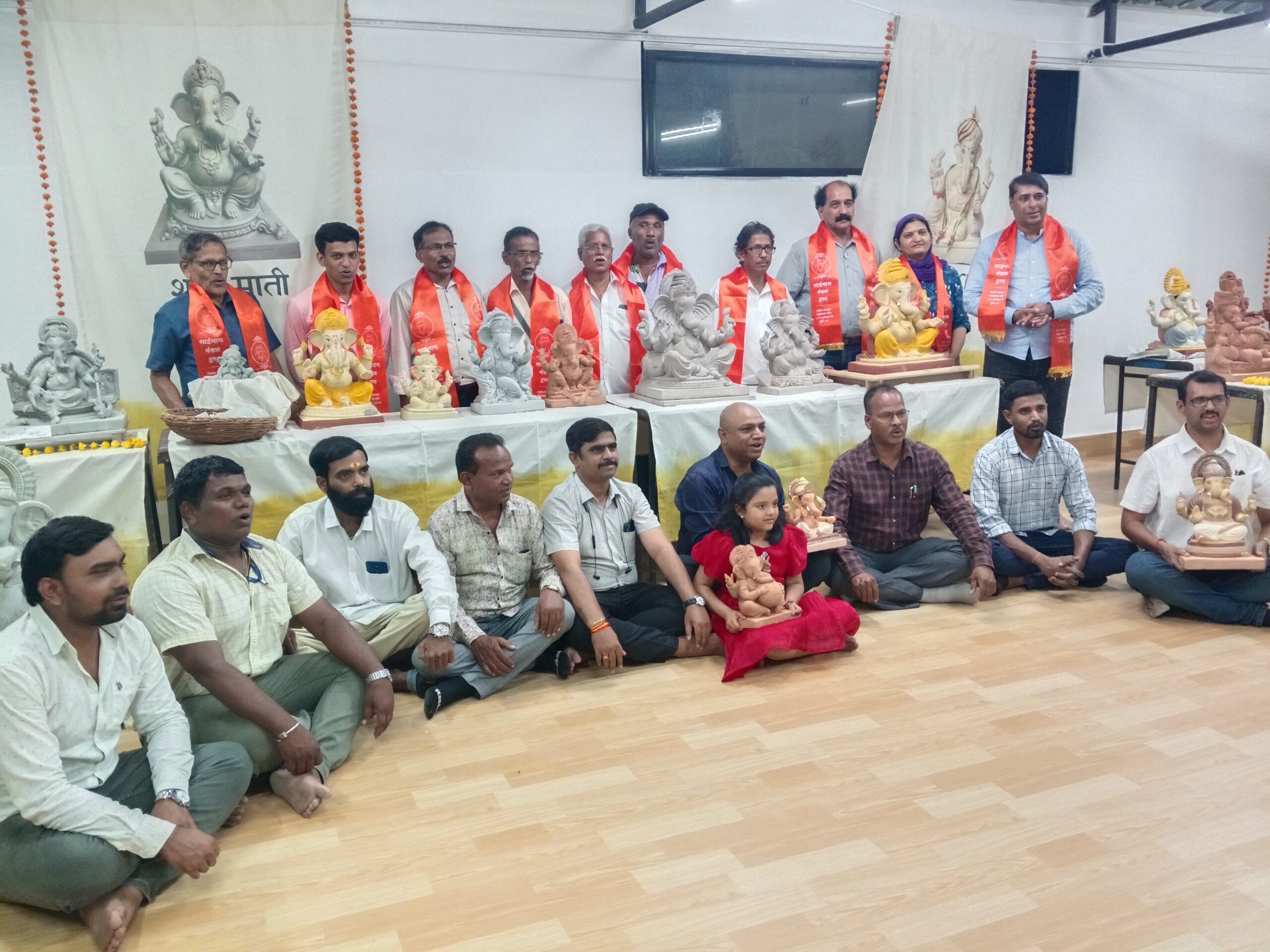
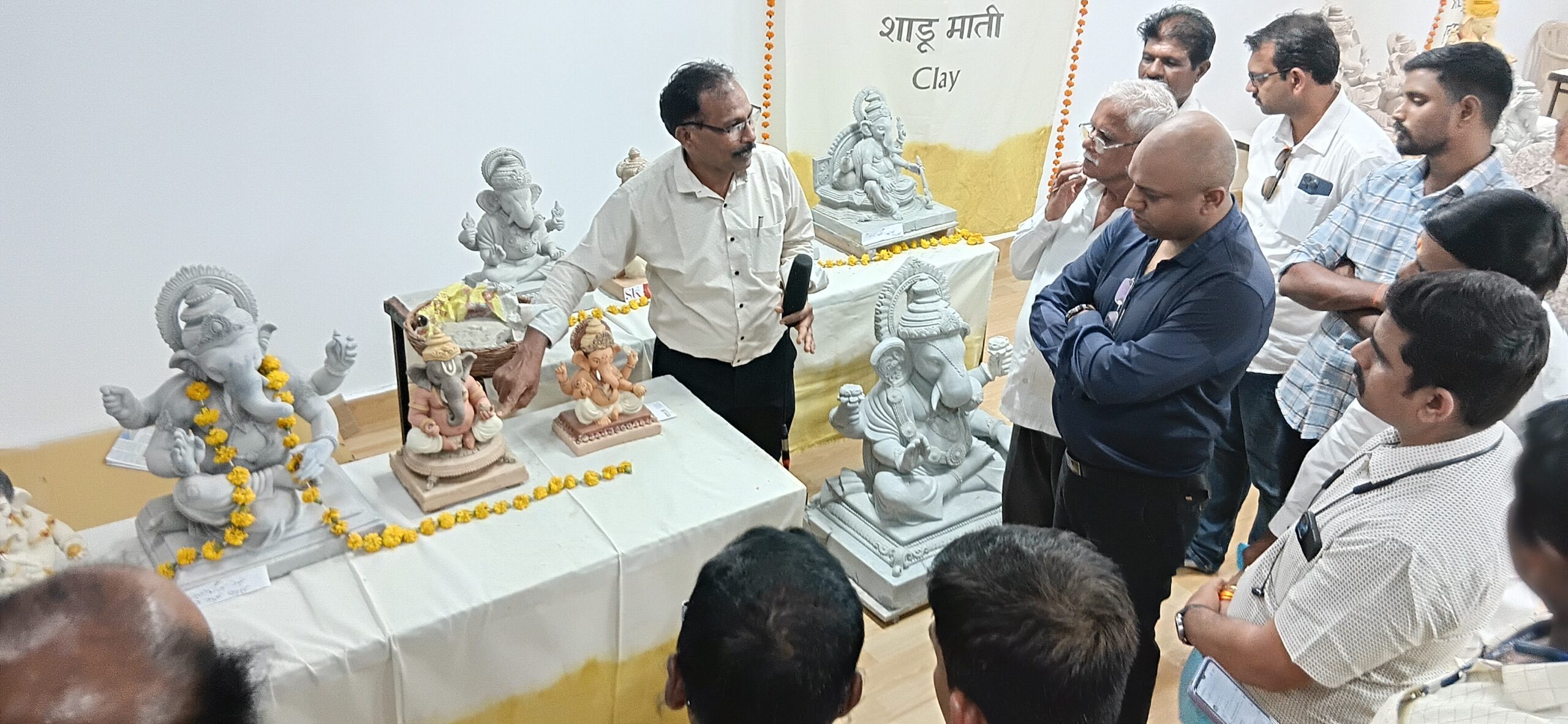
Awareness raising by volunteers Across 20 metro stations and public gardens : led by Poornam Ecovision
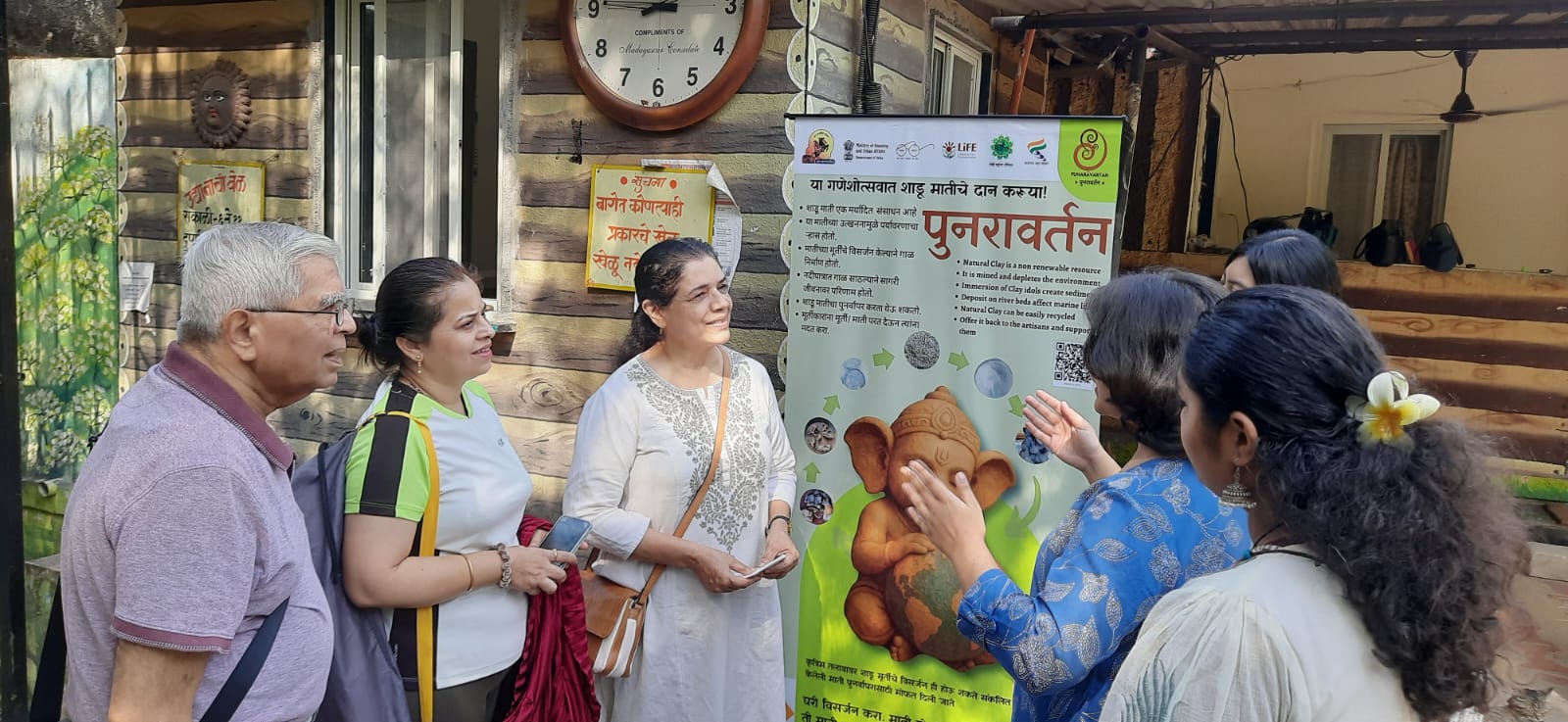
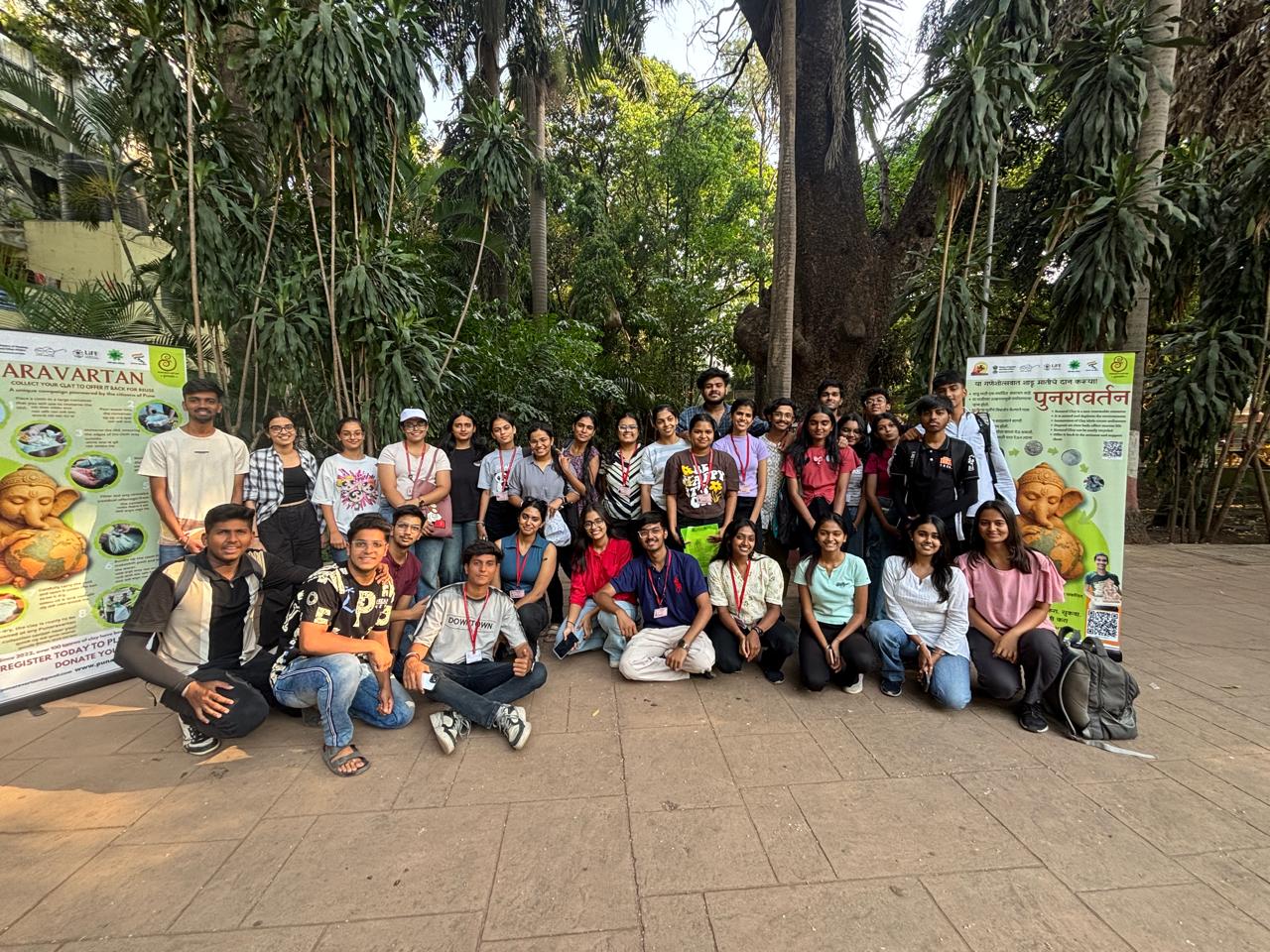
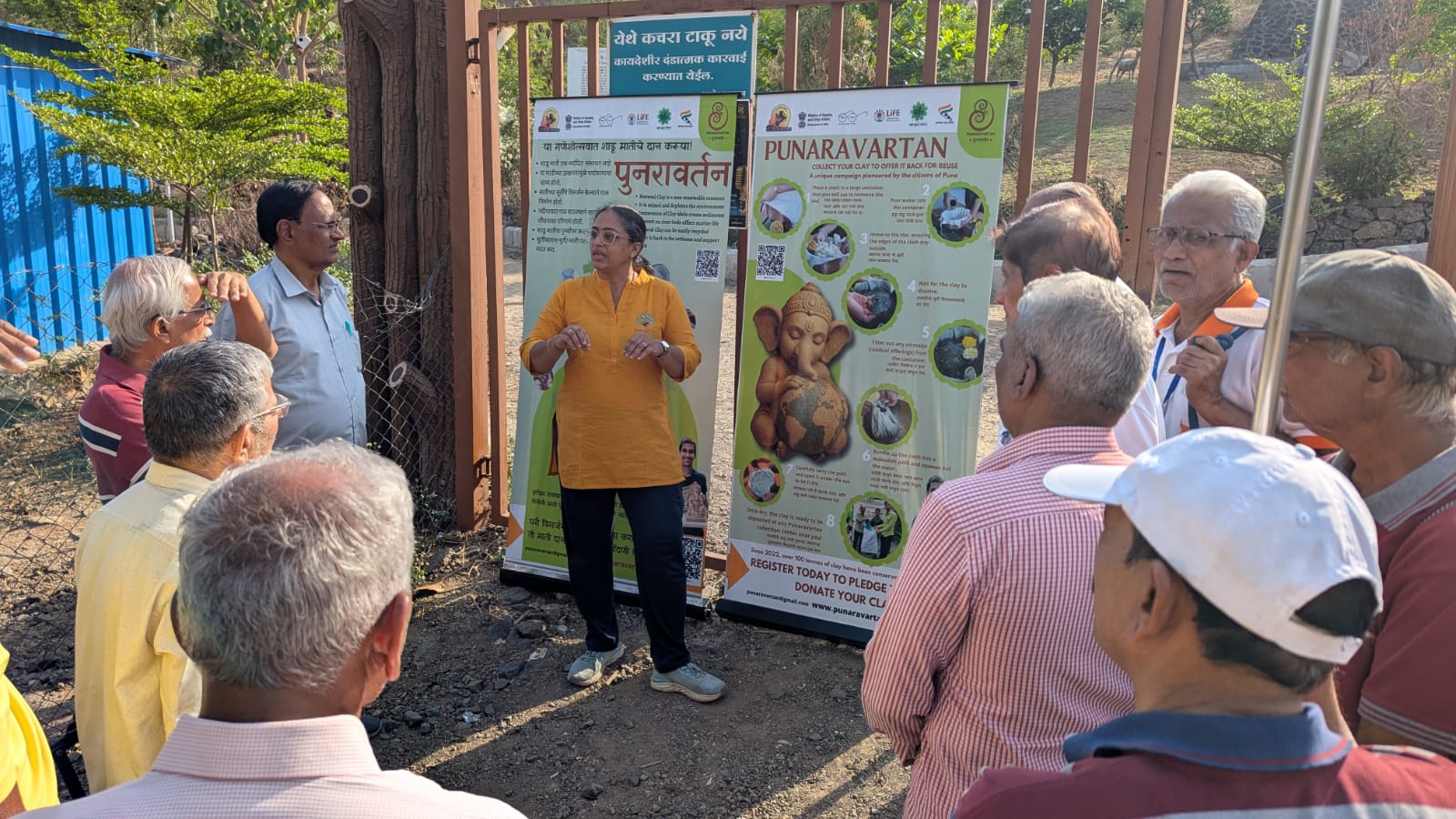
Interaction with PMC officials Sanitation Inspectors, Education department and Environment Department
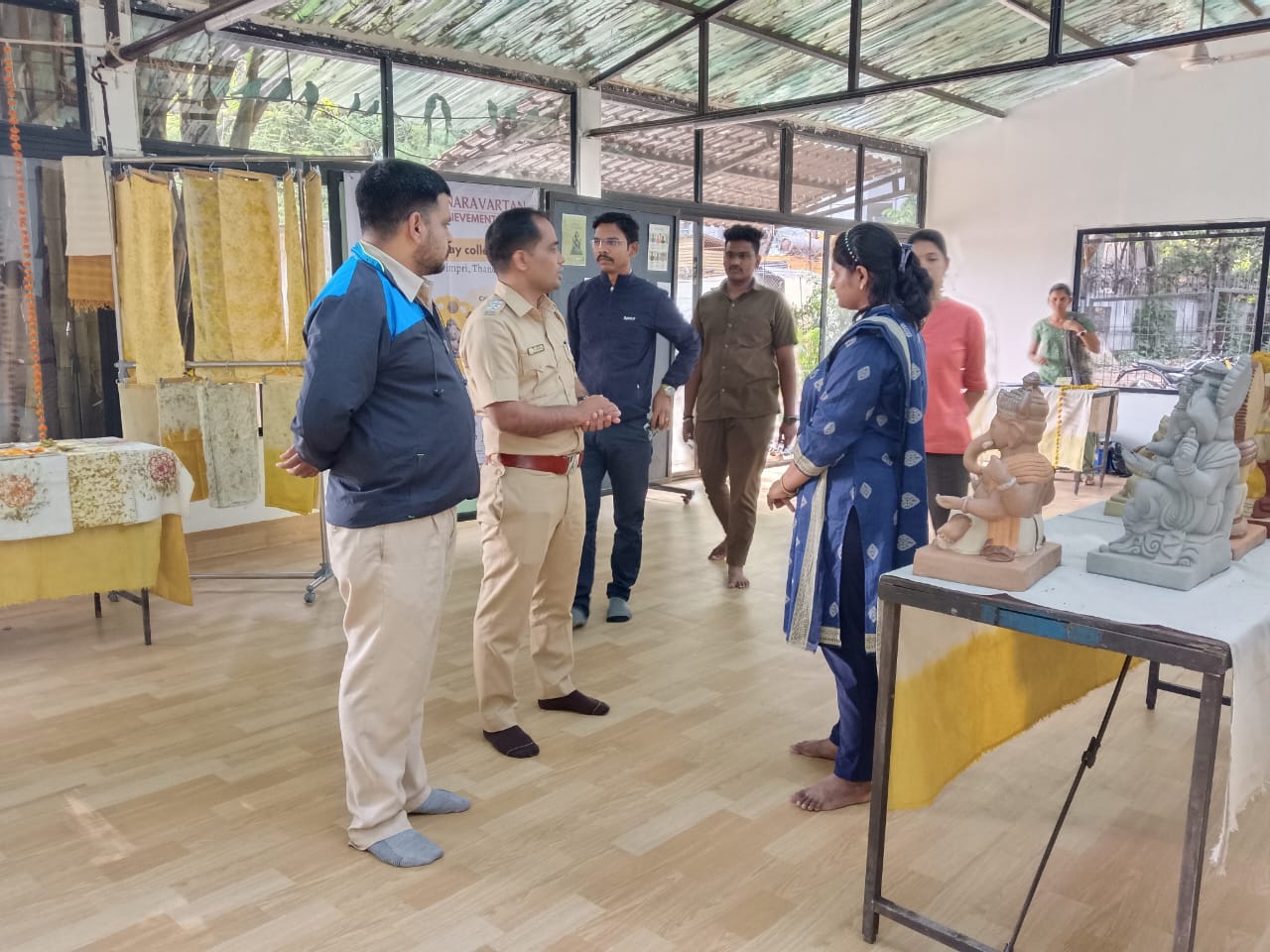
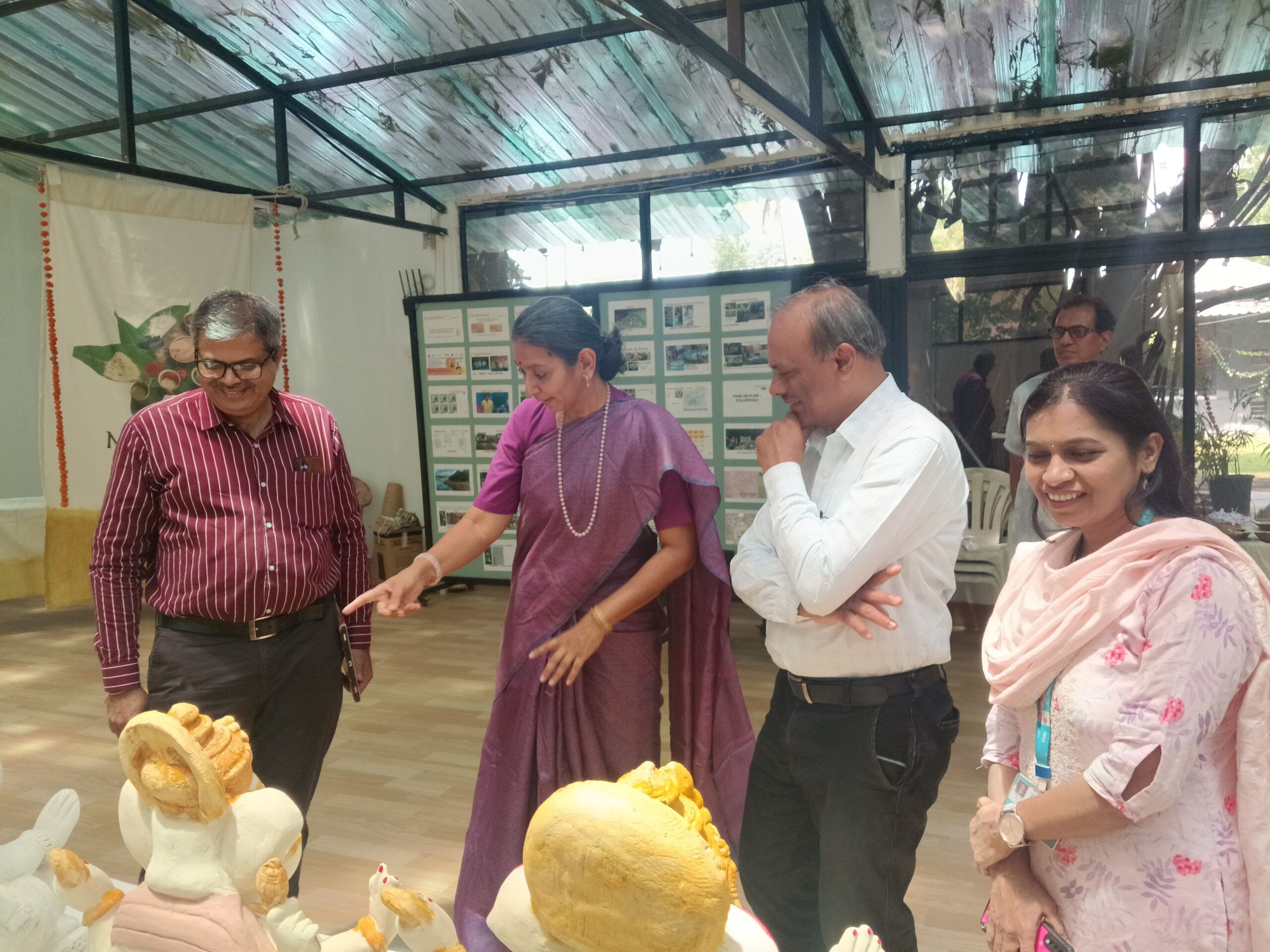
Partners for Rebearth 2025
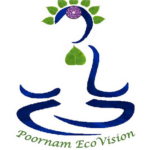
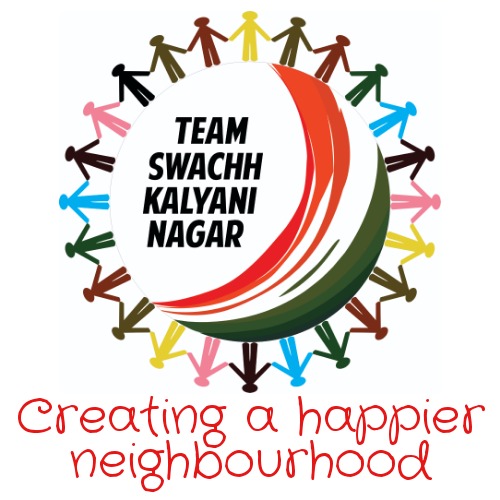
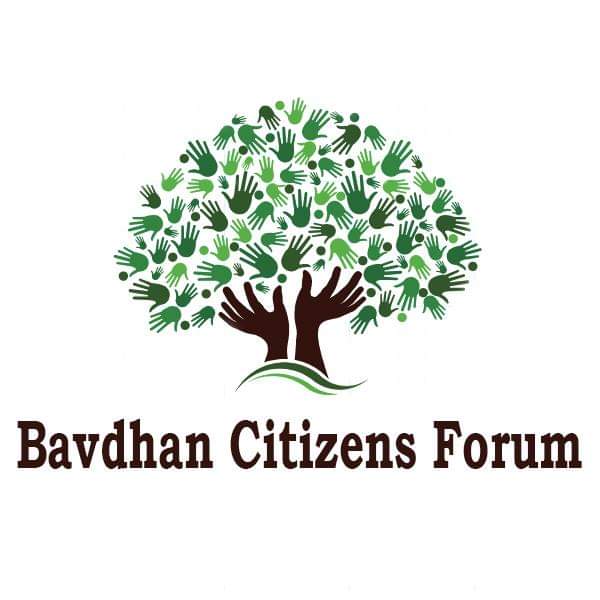

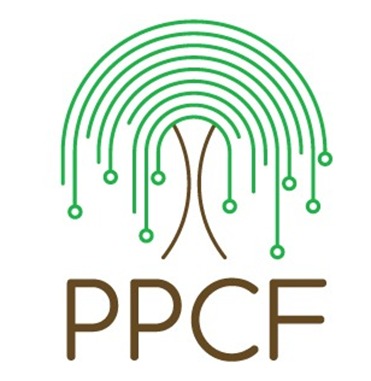
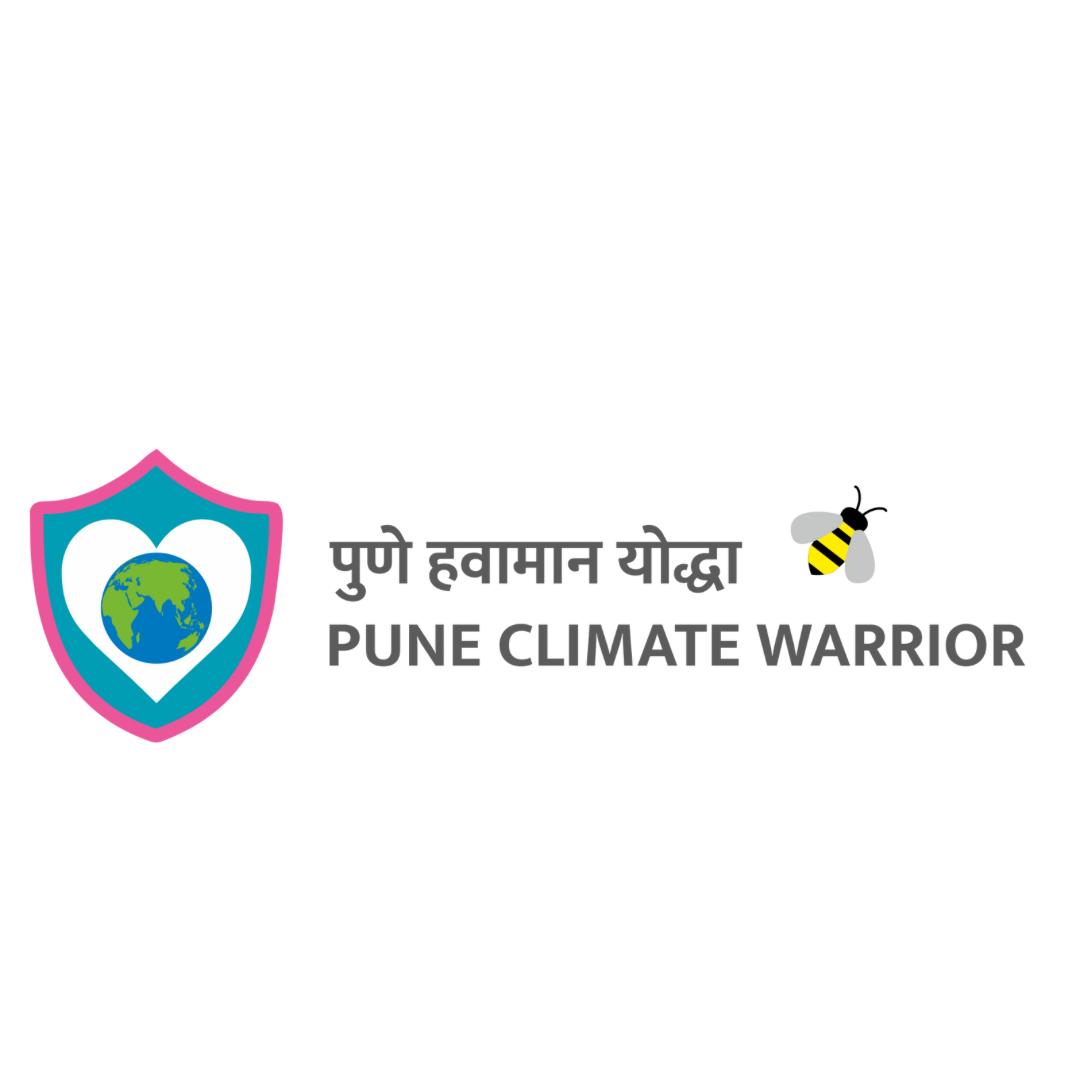
Poornam Eco vision
Team Swachh Kalyaninagar
Bavdhan Citizens Forum
Swach
PPCF
Pune Climate Warriors